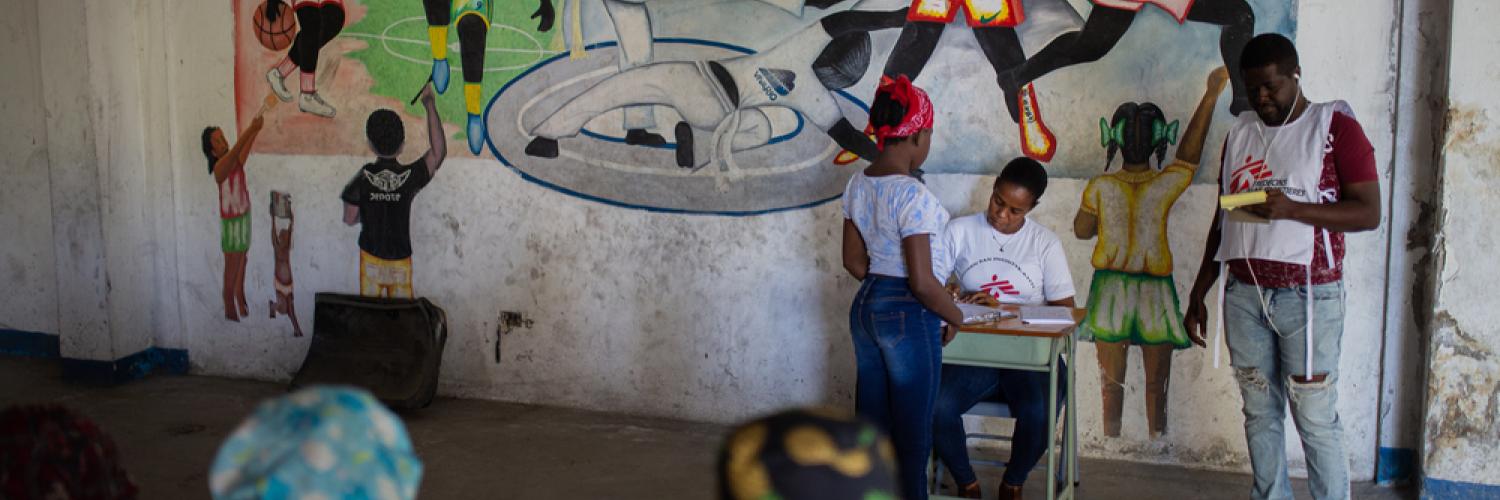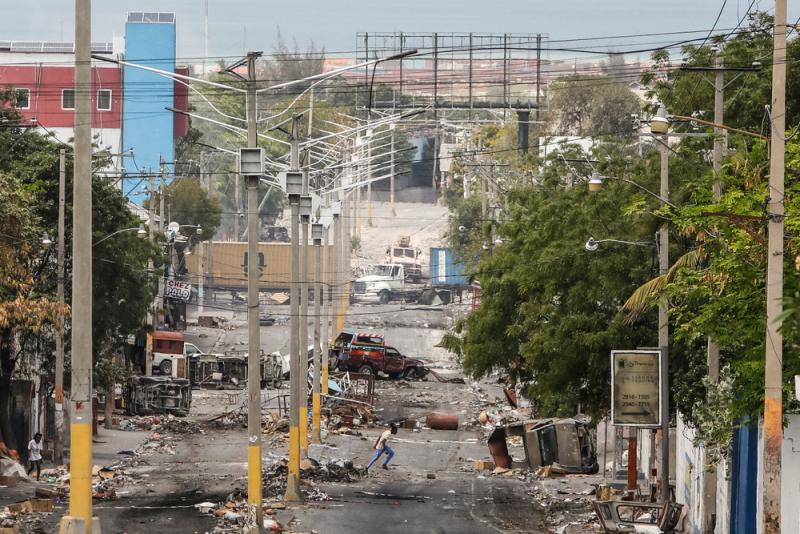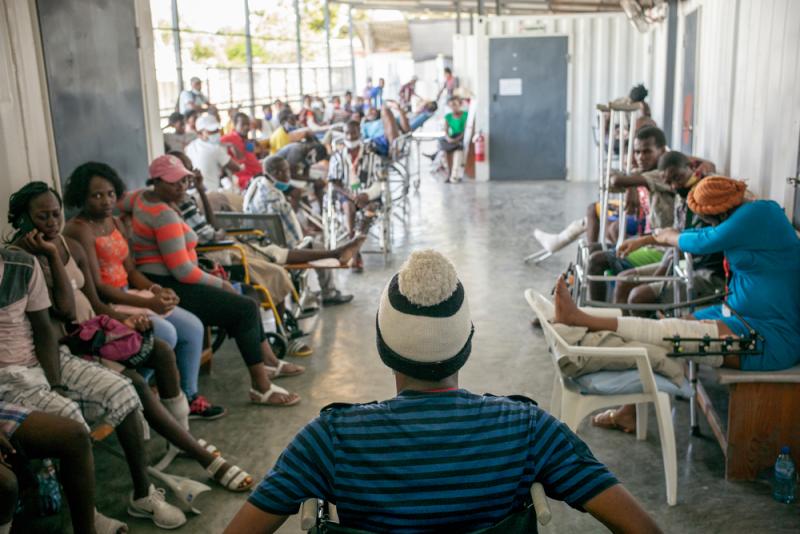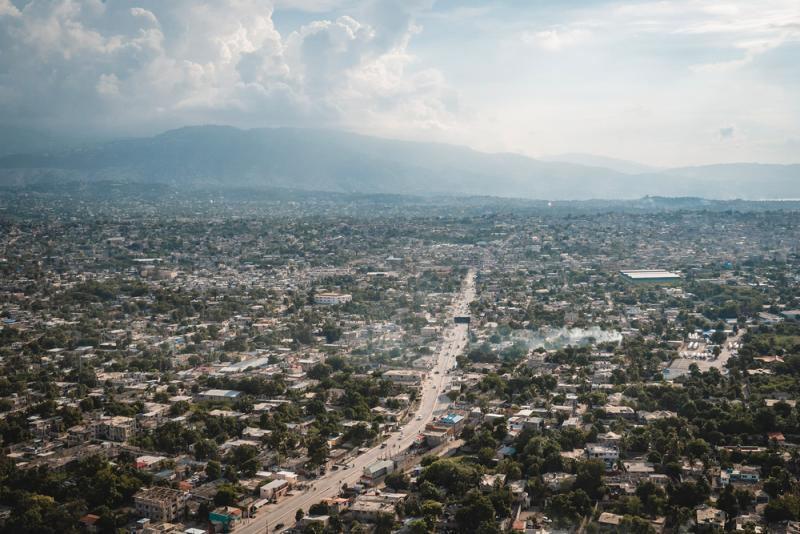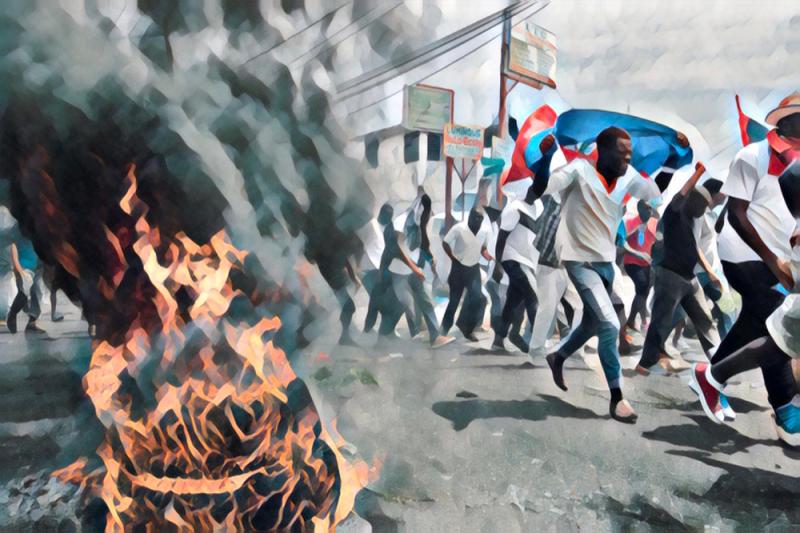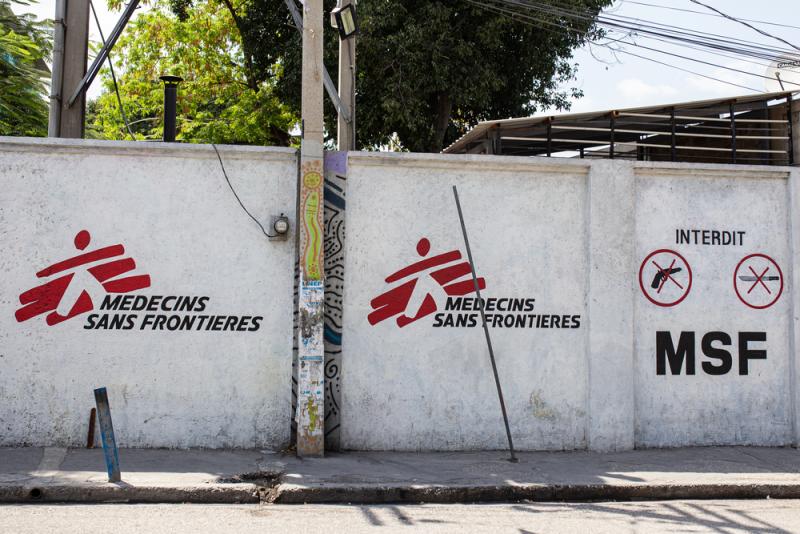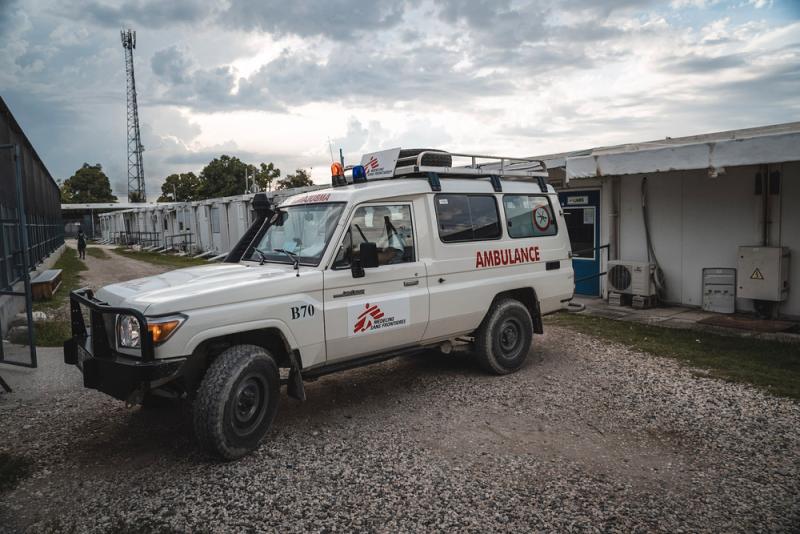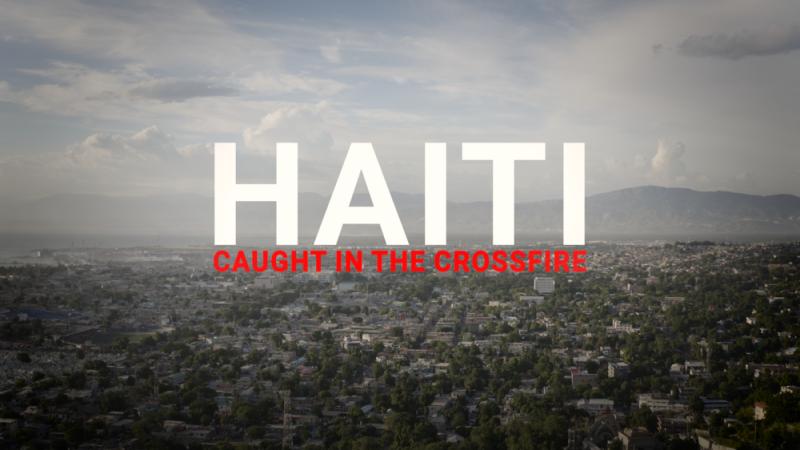Survey Reveals Extreme Violence in Port-au-Prince
Latest Update
A retrospective mortality survey by Epicentre, the research arm of Doctors Without Borders / Médecins Sans Frontières (MSF), covering August 2022 to July 2023, reveals escalating violence in the area since a similar 2007 study. Over 40% of deaths are violence-related, with a crude mortality rate of 0.63 per 10,000 people per day, comparable to rates in other conflict zones like northern Syria and among Rohingya refugees.
Additionally, 13% of Cité Soleil residents witnessed extreme street violence, and 40% of women skipped antenatal care due to travel risks. A Doctors Without Borders staff member from Haiti described the pervasive terror, armed violence, and psychological trauma, highlighting the dire conditions in the Haitian capital, where armed gangs, police, and civilian clashes create constant threats.
Health needs in Haiti are on the rise. Political instability, an earthquake in August 2021, a fuel crisis and chronic violence have pushed the healthcare system to the brink. Doctors Without Borders / Médecins Sans Frontières (MSF) is working to fill the massive gaps in healthcare in Haiti, a country wracked by escalating violence and a deadly resurgence of cholera.
In April 2023, the Haitian capital and its inhabitants experienced a new wave of extreme violence that resulted in the death of more than 600 people. On 24 April alone, Doctors Without Borders’ teams treated roughly 50 people with gunshot and knife wounds. Many victims were unable to reach a healthcare facility – it was too dangerous for them to leave their homes. In February, and once again in April, Doctors Without Borders was forced to suspend the activity in its hospital in Cité Soleil because of fighting in the neighbouring street. In two years, the hospital has been hit by 65 stray bullets.
Around 90 armed groups are waging war in the streets of Port-au-Prince and now control more than 80% of the city. According to the Haitian human rights research group CARDH, 389 kidnappings were recorded in the first quarter of 2023, an increase of over 173% compared to 2021 and 72% compared to 2022.
- Trauma Care
Armed clashes continue to affect communities in Haiti’s capital, Port-au-Prince. While maintaining functioning medical structures during these clashes is a challenge, with kidnappings and armed robberies rampant across Port-au-Prince, we have continued to provide trauma care. Our teams treat people with gunshot and stab wounds, severe burns, and victims of road accidents in several medical facilities across the capital.
- Care for victims of sexual and gender-based violence
The prevalence of sexual and gender-based violence (SGBV) is a continuing concern in Haiti. We support multiple health facilities in providing care dedicated to victims of SGBV that includes medical, psychological, and social care. The introduction of a free telephone helpline has decreased barriers to care, offering victims remote psychological support and referrals to health centres.
- Sexual and reproductive care
Sexual and reproductive care remains an essential area of activity for our teams in Haiti. We are providing women with proper prenatal and neonatal care to continue our work on reducing the maternal and infant mortality rate. We also provide recreational and educational activities to promote family planning and sexually transmitted disease prevention and management.
- Emergency response
With enduring armed clashes and frequent natural disasters, our teams conduct emergency operations in Haiti. Water and sanitation support is provided to communities affected by the violence in Port-au-Prince. After an earthquake in August 2021, we provided emergency care to victims that included surgery, water and sanitation support and mobile clinics to rural areas.
Doctors Without Borders response in Haiti
We provide sexual and reproductive care and care to victims of trauma and victims of sexual and gender-based violence. With natural disasters regularly occurring in the country, emergency response remains a central aspect of our work in Haiti.
Emergency
Help us provide lifesaving medical care for victims of the recent violence in Haiti and our patients in over 70 countries around the world. Support us now by making a donation.
